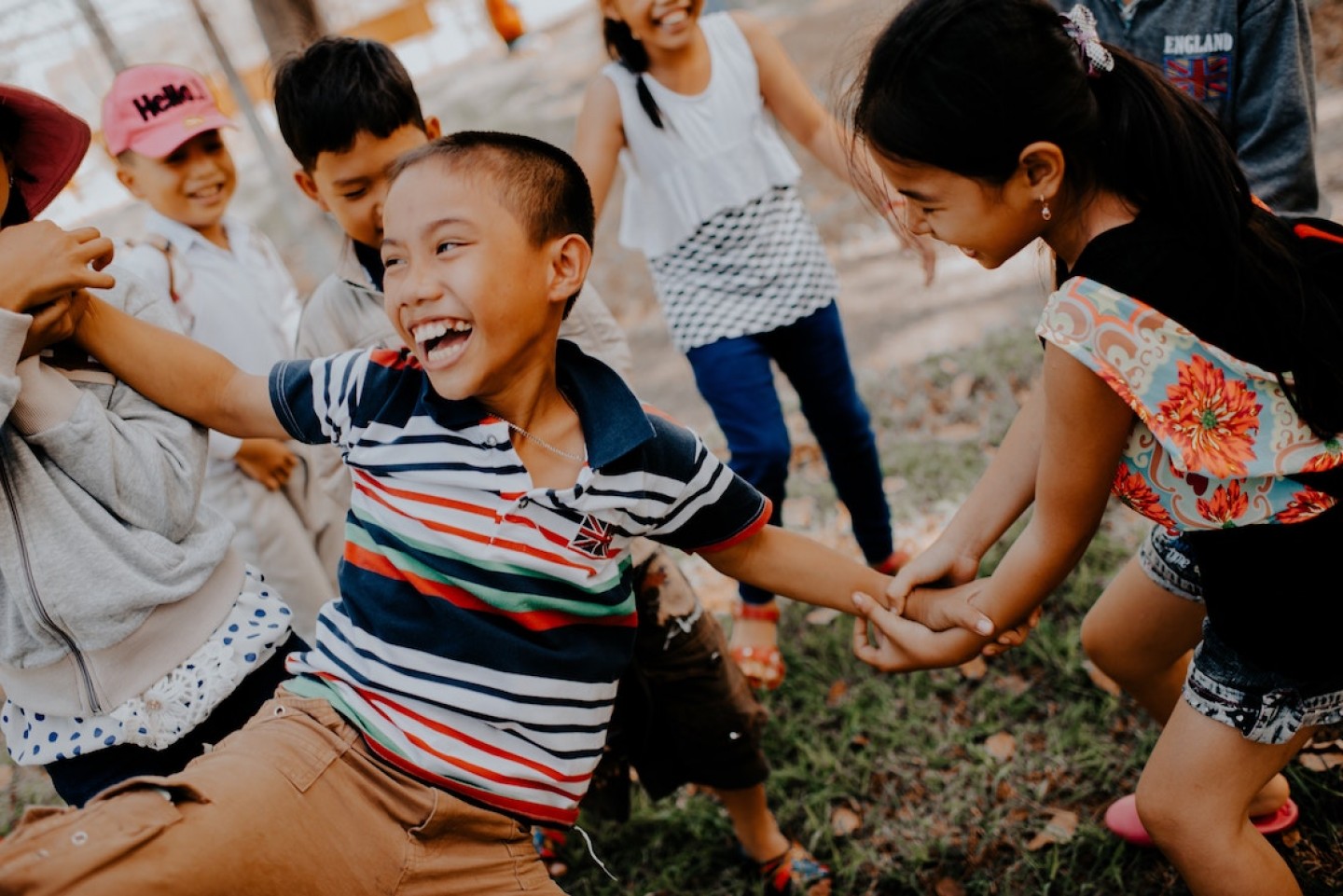While I’m not trained in family mediation, it is often something that I get asked about.
The second in my series of guest blog posts is by my good friend and Family Mediator, Laura Mackey. She offers her thoughts on what family mediation can do for couples who are separating. I hope you will agree, it is inspiring reading.
” As a family mediator, I work with people going through a separation or divorce. My clients are couples who want to reach an agreement so that they can draw a line and move on.
Typically, they need to sort out property, finances and often childcare arrangements.
What couples don’t always expect -or perhaps dare to hope for -is that mediation can help them to improve their relationship. This often seems an impossibility.
Bob and Jane’s story
Take the example of a couple I worked with a little while back. I’ll call them Bob and Jane.
Bob and Jane had separated two years previously, almost overnight, after 10 years of marriage.
They hadn’t seen or spoken to one another since that sudden end to their relationship. They came to me because their divorce was approaching and they needed to sort out their finances and property arrangements.
Both Jane and Bob were extremely nervous about facing each other in the mediation room and needed coaching to get to the point of being ready for that.
However, they were both also courageous people who were willing to try, despite their misgivings.
In that first face to face meeting, the atmosphere in the room was heavy. There was a lot of hurt, anger and fear expressed as they took it in turns to speak and listen to one another. It was not always easy and I had huge respect for them in sticking it out.
As they worked through their finances, it became clear that they wanted and needed to talk about what had happened. Following their lead, I supported them to address the traumatic end to their marriage and to rebuild their communication after a long silence.
Building understanding and empathy
We had three joint meetings. During these sessions, Jane and Bob reached a point where they were able to acknowledge the love and the good times they’d had together, as well as the difficulties and reasons for ending the relationship.
For the second and third joint meetings, they arrived and left together. And by the end, they were able to laugh and share tender moments with one another.
When one of them got upset in the meeting, the other would offer comfort. It was touching to see their transformation through the process.
Reaching a joint agreement
Mediation helped this couple to sort their property and finances for their divorce, which is an amazing outcome – saving them time, money and further upset. Mediation also provided a chance for them to heal from the trauma of their relationship breakdown and ending.
The benefits of a transformative model
The method I’ve described above is referred to as a ‘facilitative’ or ‘transformative’ approach to mediation. It is client-led and focuses on both the outcome and the relationship, aiming to create a win-win for both people involved.
This is the process that I use because I believe that it offers the best possible experience for my clients. A solid agreement and an opportunity to connect with one another, where that is wanted and needed.
As with any mediation process, client autonomy is paramount. I never persuade or encourage people to engage with one another at that level where that is not what they themselves want.
However, I believe that I’d be doing a disservice to my clients if I were to focus on a purely outcome-driven, agreement-focused model of mediation.
Another advantage of this model, is that it can help to build foundations for constructive co-parenting long into the future. It can also help parents to model healthy communication and relationships for their children.
There is no limit to what mediation can offer to clients when it takes a person-centred approach with no judgement or persuasion. “
Laura Mackey is a family mediator, registered with the Family Mediation Council, based in Manchester, UK. She works at Children First Family Mediation – a charity, working with separating couples on children and finance issues: www.childrenfirstfamilymediation.org.uk
If you or a friend or family member are going through a separation, you can find a family mediator in your area (of England and Wales) using the search tool on the Family Mediation Council website: www.familymediationcouncil.org.uk/find-local-mediator




